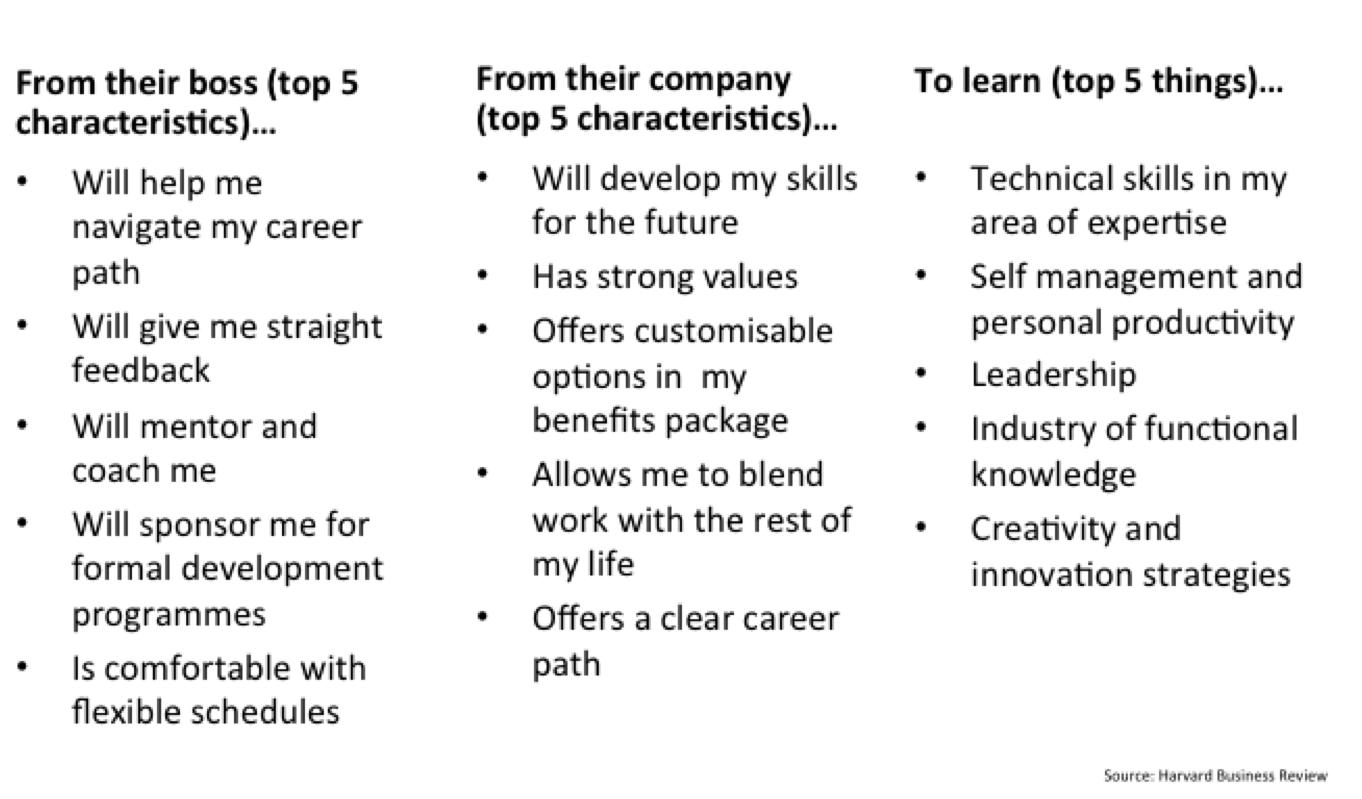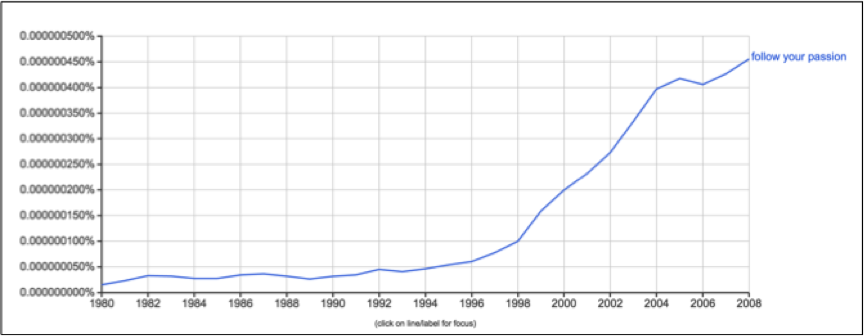Managing Young People

We may have heard the terms Baby Boomers, Generation X, Generation Y and Millennials but do we really understand them? And if we do understand these labels, so what? Should we be managing people from each generation differently?
Let’s first get to grips with the terminology. There are many references to these labels but here is where I feel that the consensus lies:
- Baby Boomers: these people were born from 1946 to mid-1960s
- Generation X: these people were born from mid-1960s to the late 1970s
- Generation Y: these people were born from the 1980s to 2000
- Millennials: these are the people that were born this century
Clearly we can see that it is the Millennials who will be entering the jobs market over the next few years. So what are the consequences for all those already in work as well of those who'll soon be leaving education? Here are some more questions for you to consider:
- What are the expectations of employers from Generation Y and Millennials?
- How do young people view careers?
- What are young peoples’ expectations of their managers?
- How do young people prefer to be communicated with?
- What do young people want to learn?
- How do all the answers to the above contrast with our own views of how we work?
We have recently been commissioned to research the attitudes and beliefs of young people for a high tech engineering company. The driver for this research was to ensure that the company's existing managers better understood their much younger apprentices. The research, obtained through the Harvard Business Review, Chartered Institute of Personnel & Development and other credible sources, was then included in a successful leadership and management training programme.
Here is some of the information that we covered in the training:
What young people want:

Another piece of fascinating research uncovered how the phrase ‘follow your passion’ has grown in the printed word. Google has published the following graph which shows how the frequency of the phrase ‘follow your passion’ soared during the time that Generation Y were receiving their education:
Follow your passion:

This information correlates well with the recent statistics published by the Office of National Statistics that states the time that, on average, a worker aged 24 or under expects to remain in the same job is now only 2 to 3 years. 'Follow your passion rather than follow your pension' is maybe the new way of thinking about the world of work.
We also have what some commentators now refer to as the Prince Charles generation. As our workforce grows older, the opportunities for younger workers to progress become less. Prince Charles has been waiting for his role as the United Kingdom's Head of State for many years….and is still waiting!
Managing young people certainly provides its challenges. It always has. However and now more than ever, employers of all shapes and sizes need to fully understand their younger employees to properly engage with them. We know that high employee engagement drives higher productivity and higher levels of customer service. Therefore understanding what drives your employees’ engagement is critical.
Paul Beesley, senior consultant and baby boomer, Beyond Theory

